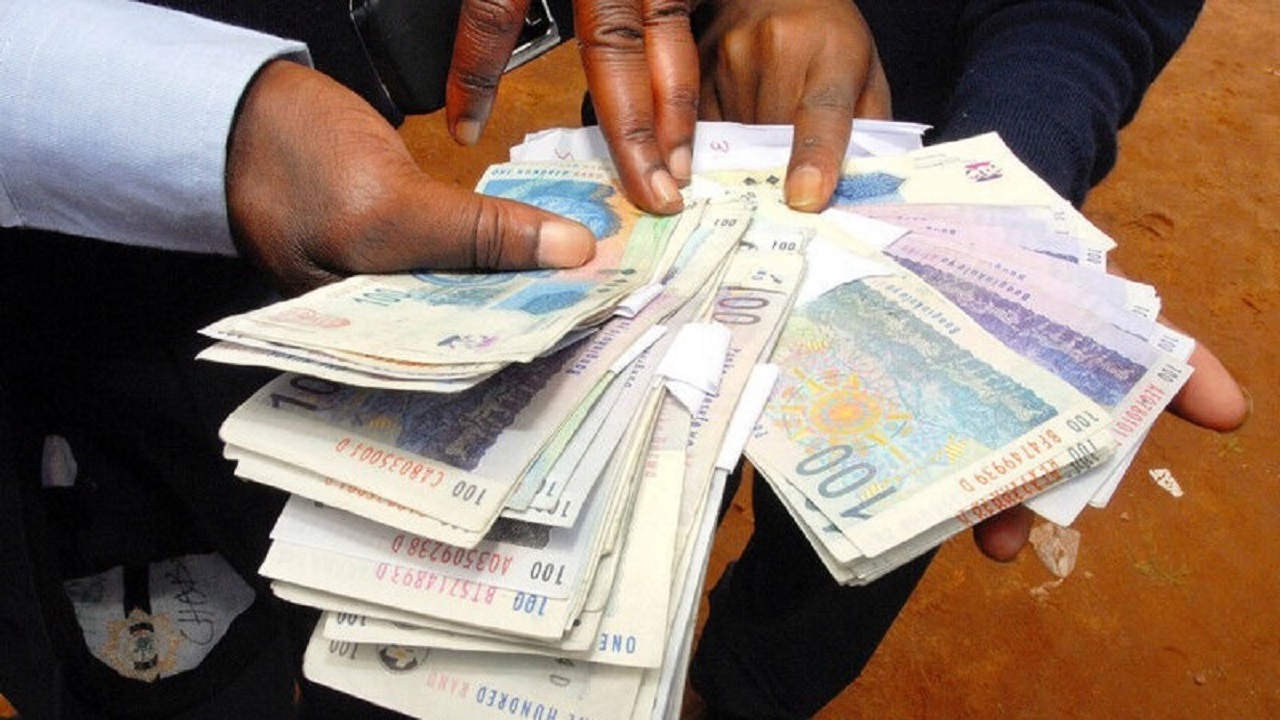
Rand Loses Grip After SA’s Diplomatic Fallout With The US
South African News You Can Trust
The rand tanked to an all-time low on Friday, reaching R19.52 against the US dollar, surpassing the R19.35/$1 achieved at the height of the Covid-19 pandemic, on the back of a diplomatic fallout between South Africa and the US over Russia’s invasion of Ukraine.
The currency tumbled as reports of South Africa potentially supplying military equipment to Russia added to a slew of bad news, including escalating electricity outages and the negative effects this is having on economic growth and the health of state finances.
The US ambassador to South Africa, Reuben E Brigety II, accused South Africa of having “uploaded weapons and ammunition” to a Russian vessel called Lady R that docked in Simon’s Town harbour near Cape Town in December.
“We are confident that weapons were loaded on to that vessel, and I will bet my life on the accuracy of that assertion,” Brigety said.
Although Brigety has apologised for his remarks, the financial markets were left in distress, with the rand plunging to another record low in the wake of the diplomatic spat.
The rand saw losses of over 5% in three days during the course of the week, as investors were also concerned by subdued economic activity on the back of intensified load shedding.
Investec chief economist Annabel Bishop said sentiment had soured further against the rand as a result of multiple factors, including increased geopolitical risk. South Africa’s recent grey-listing in February did not help the country’s investment case, and this was true also of escalating load-shedding stages.
Bishop said the majority of financial market players were in the West, which has taken a strong stand against the Russia-Ukraine war, and were showing displeasure about South Africa potentially supporting the Russian war effort through a rand sell-off.
“Rand weakness is not expected to boost exports hamstrung by bulk commodity freight issues, as SA ports and rail capacity have waned, while electricity supply continues to weaken, with the rand underperforming other commodity currencies,” Bishop said.
“South Africa is a small open emerging market relying on commodity exports impacted by commodity price weakness.
“Headwinds against it have now grown, as SA is increasingly seen to be tipping its favour towards the Russia/China camp, and not fully neutral in its stance,” she said.
In particular, the rand continued to weaken amid weaker domestic fundamentals that were likely to be worsened by power cuts at higher stages during the winter season.
The rand’s marked weakness, if sustained, would also add to inflationary pressures that have already been building on the increased pass-through effect, Bishop said.
This would increase the likelihood of the SA Reserve Bank announcing a 50 basis points, instead of a 25 basis points, interest rate hike this month.
Bianca Botes, a director at Citadel Global, said, “The weaker rand now, yet again, adds risks to the inflation outlook, cementing the need for the South African Reserve Bank to hike interest rates again on 25 May.”
The US is South Africa’s largest trading partner, with the Africa Growth Opportunity Act benefiting South African exporters through duty-free commodity exports.
TreasuryONE currency strategist Andre Cilliers said the diplomatic spat not only threatened to weaken the rand, but was also putting these trade agreements in jeopardy.
“The rand is still under pressure and remains at risk of another move weaker as markets weigh possible repercussions, like cancelling of preferential trade agreements and worst-case scenarios and possible sanctions,” Cilliers said.
“If the US imposes sanctions on South Africa, the impact is almost impossible to estimate, but the net result will be negative.”
This has left jitters in the wine industry, which is one of the country’s largest exporters.
South Africa is the ninth-largest wine producer in the world, and manufactures approximately 4% of the world’s wine.
The wine industry annually contributes more than R55 billion to the country’s GDP and employs 269 069 people across the value chain, of which 80 173 work on farms and in cellars.
Vinpro and Wines of South Africa said the government’s response to the allegations was unsatisfactory and brought intense uncertainty that would put the economy under even more pressure.
“These allegations, if true, will have a significant negative impact on the economy, and may jeopardise our trade relationships, especially our much-needed continued access to US markets created under the Africa Growth Opportunity Act, which will be renegotiated for a further period soon,” the organisation said.
“These allegations may also pose a risk to the wine industry in terms of tourism, continued wine exports, and our reputation as a credible role-player in the international trade environment.”



